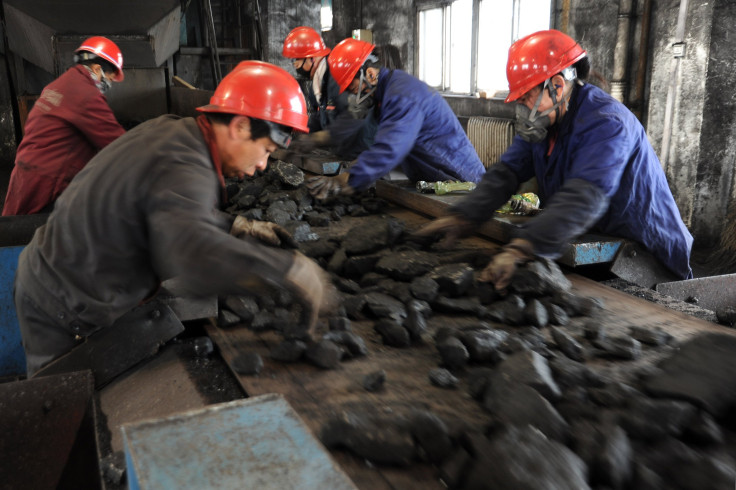Norwegian Parliament Calls On Country's $896 Billion Sovereign Wealth Fund To Divest Holdings In Coal Companies

Norwegian policymakers seek to divest holdings in coal-related industries from the country’s $896 billion sovereign wealth fund. The Norwegian parliament’s Finance Committee this week unanimously recommended the fund exclude companies that derive more than 30 percent of revenue or power production from the fossil fuel.
“This is a great victory for our climate,” Torstein Tvedt Solberg, a policymaker from the Labor Party who helped broker the agreement, said in a Wednesday statement following the decision.
The full Norwegian parliament is expected to formally adopt the Finance Committee’s recommendation on June 5, and the new limits on coal investments could take effect next January. “We expect that billions of euros will be withdrawn from the coal industry when this happens,” Truls Gulowsen, who leads Greenpeace’s Norway chapter, said.
Greenpeace, 350.org and other environmental groups said they expect Norway’s Government Pension Fund Global -- the world’s richest sovereign wealth fund -- will now be forced to shed investments in energy companies such as U.S. utility giant Duke Energy, the Chinese coal miner Shenhua Energy Co. and RWE AG, the largest electricity generator in Germany.
The fund still has about $40 billion, or 5 percent of its total assets, invested in fossil fuel companies, and it remains among the top 10 investors in the global coal industry.
Pension fund officials say they have already removed 114 companies from the portfolio in the past three years on environmental and climate grounds, including carbon-intensive businesses such as coal-mining companies, cement makers, gold miners and Canadian tar sands producers.
“Our risk-based approach means that we exit sectors and areas where we see elevated levels of risk to our investments in the long term,” Marthe Skaar, a spokeswomen for the pension fund, previously told the Guardian. “Companies with particularly high greenhouse gas emissions may be exposed to risk from regulatory or other changes leading to a fall in demand.”
Gulowsen of Greenpeace called the Norwegian parliament’s decision a “huge win for the divestment movement and a real sign of hope that investment patterns can be changed.”
In the United States, fossil fuel divestment efforts are gradually gaining traction among a handful of philanthropic and academic institutions. About two dozen schools have committed to removing investments in oil, coal and natural gas from their university endowments since 2011. Last fall, the Rockefeller Brothers Fund, a private charitable organization, said it would immediately dump its holdings in companies that produce coal and tar sands.
But a long-running campaign to divest Harvard University’s $36.4 billion endowment -- the largest of any U.S. institution of higher learning -- from fossil fuel companies has largely hit a wall, as have similar efforts at Yale and Cornell universities.
Harvard President Drew Faust has said divestment would likely have a “negligible financial impact” on fossil fuel companies. “Divestment pits concerned citizens and institutions against companies that have enormous capacity and responsibility to promote progress toward a more sustainable future,” she said in a letter to students and faculty.
© Copyright IBTimes 2024. All rights reserved.











